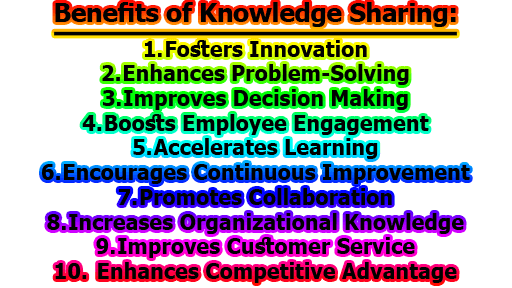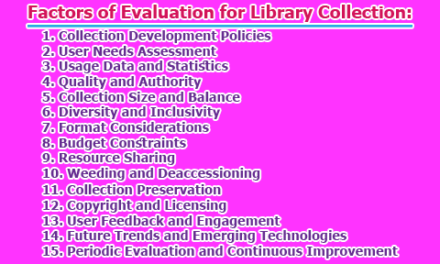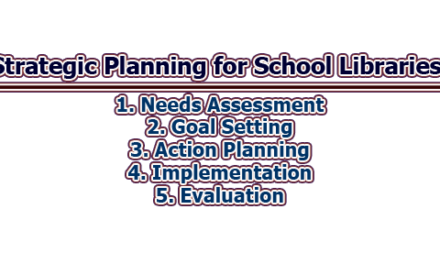Benefits of Knowledge Sharing:
Knowledge sharing is the process of transmitting knowledge, skills, or expertise from one person to another or from one organization to another. It is an essential process that facilitates the transfer of valuable information between individuals and organizations. Knowledge sharing is becoming increasingly important in today’s rapidly evolving and complex world, where organizations must adapt quickly to new technologies, changing customer needs, and shifting business priorities. In this article, we will discuss the benefits of knowledge sharing and why it is critical for individuals and organizations to embrace this process.
- Fosters Innovation: Knowledge sharing helps to generate new ideas and innovations. When people share their knowledge and expertise, they bring different perspectives and insights to the table, which can lead to new solutions and approaches to problems. For example, if an organization has a team working on a project, knowledge sharing among team members can result in new and innovative ideas that can help to improve the project’s outcome.
- Enhances Problem-Solving: Knowledge sharing is critical to effective problem-solving. By sharing knowledge and expertise, individuals and organizations can better understand the problem and identify potential solutions. It also helps to avoid repeating mistakes that have been made in the past. Knowledge sharing can lead to more efficient and effective problem-solving, resulting in better outcomes.
- Improves Decision Making: Knowledge sharing can improve decision-making by providing access to information and expertise that might not be available otherwise. When individuals and organizations have access to relevant information, they can make more informed decisions. For example, if a manager is trying to decide whether to invest in a new product, access to knowledge and expertise from different departments and team members can help them make an informed decision.
- Boosts Employee Engagement: Knowledge sharing can boost employee engagement by providing opportunities for personal and professional growth. When employees feel that their contributions are valued, they are more likely to be engaged and motivated. Additionally, knowledge sharing can help to create a culture of collaboration and teamwork, which can increase job satisfaction and retention.
- Accelerates Learning: Knowledge sharing accelerates learning by providing access to information and expertise that might not be available otherwise. When individuals and organizations have access to relevant information, they can learn more quickly and effectively. For example, if a new employee is trying to learn a new software program, access to knowledge and expertise from experienced team members can help them learn more quickly.
- Encourages Continuous Improvement: Knowledge sharing encourages continuous improvement by providing opportunities to learn from successes and failures. When individuals and organizations share their knowledge and experiences, they can identify areas for improvement and make changes to their processes and strategies. This can lead to better outcomes and increased efficiency.
- Promotes Collaboration: Knowledge sharing promotes collaboration by creating a culture of sharing and openness. When individuals and organizations share their knowledge and expertise, they are more likely to collaborate on projects and initiatives. This can lead to better teamwork, communication, and overall performance.
- Increases Organizational Knowledge: Knowledge sharing increases organizational knowledge by capturing and sharing knowledge and expertise across departments and teams. When individuals and organizations share their knowledge and experiences, they create a repository of information that can be accessed by others. This can help to avoid duplication of effort and ensure that knowledge is not lost when employees leave the organization.
- Improves Customer Service: Knowledge sharing can improve customer service by providing employees with the information and expertise they need to meet customer needs. When employees have access to relevant information, they can provide better service and support to customers. Additionally, knowledge sharing can help to identify and address customer issues more quickly and effectively.
- Enhances Competitive Advantage: Knowledge sharing can provide organizations with a competitive advantage by enabling them to innovate more quickly, improve their processes and strategies, and better serve their customers.
- Increases Flexibility and Adaptability: Knowledge sharing increases an organization’s flexibility and adaptability by enabling employees to learn new skills and knowledge quickly. This can help organizations adapt to changes in the market, technology, and customer needs more quickly and effectively.
- Reduces Costs: Knowledge sharing can help organizations reduce costs by avoiding duplication of effort and mistakes. When individuals and teams share their knowledge and experiences, they can identify areas for improvement and make changes to their processes and strategies. This can lead to increased efficiency and reduced costs.
- Improves Communication: Knowledge sharing improves communication within an organization by creating a culture of sharing and openness. When individuals and teams share their knowledge and experiences, they are more likely to communicate effectively and collaborate on projects and initiatives.
- Promotes Leadership Development: Knowledge sharing can promote leadership development by providing opportunities for employees to share their knowledge and expertise with others. When employees are given the opportunity to mentor and teach others, they develop leadership skills and become better equipped to take on more significant roles within the organization.
- Enhances Reputation and Branding: Knowledge sharing can enhance an organization’s reputation and branding by demonstrating its expertise and knowledge. When an organization shares its knowledge and experiences with others, it establishes itself as a thought leader and expert in its field. This can help to attract new customers and talent to the organization.
In conclusion, knowledge sharing is critical for individuals and organizations in today’s rapidly evolving and complex world. It fosters innovation, enhances problem-solving and decision-making, boosts employee engagement, accelerates learning, encourages continuous improvement, promotes collaboration, increases organizational knowledge, improves customer service, and enhances competitive advantage. Therefore, it is essential for individuals and organizations to embrace knowledge sharing and create a culture of sharing and openness to reap the benefits of this process.

Library Lecturer at Nurul Amin Degree College










